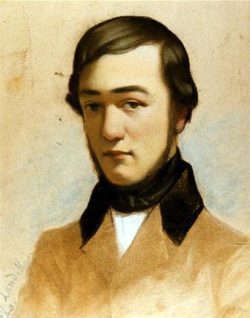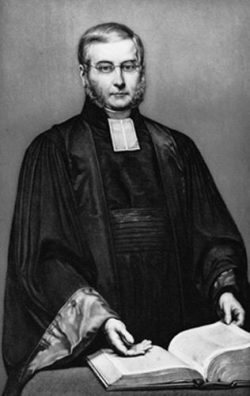Times of disagreement
During the second republic, the planned restitution of the synodal system was never accomplished. In 1852 Napoleon III reinstated local churches, but the lack of a central authority led to conflicts because of doctrinal dissensions between liberals and evangelists.
After 1848, endless debates
The February 1848 revolution meant, for a few months, the freedom of meeting. In September a general assembly was called with representatives elected only by men and without consulting the consistories.A project was devised to reorganise the legal status of the church,ruling out wealth conditions to be eligible, taking local churches into account, and reinstating the synodal-presbyterian system, but it fell short.
Second Empire. After the coup on the 2nd of December 1851, Napoleon III signed a decree on the 26th of March 1852 that had been drafted with the help of Charles Read, to reorganise the legal status of protestant churches. It implied the election of elders by men only, and the reinstatement of local churches and their « presbyteral councils ». But the synodal system was not reinstated though a central framework was created, namely the « central council of reformed churches » composed of members appointed by the State, not legitimised by the church, which had very limited power. The reformed church remained without a leader, without a central authority to arbitrate doctrinal dissensions.
After 1860 the debate between liberals and evangelicals became more severe. the « orthodox » were worried by the radical position of the liberals, as the case of E. Scherrer proved. His extreme liberalism and criticism of the Scriptures and dogmas was leading straight to destructive atheism. The doctrinal dissension also affected the organisation of the church. Pastoral conferences of liberals in Nîmes and of evangelicals in Paris were on opposite sides, and the appointment of pastors was often contested -cf the Coquerel case. « Schisms » appeared when some revivalist pastor refused to give the Holy Communion to everyone -cf. A.Monod. Evangelists asked that extreme liberals be forbidden to preach from pulpits in reformed churches. They also called for a general synod to establish a declaration of faith to which pastors should consent. Moderate liberals shared the dogmatic positions of evangelical churches, except on one subject : a reformed protestant cannot be defined by the doctrine he believes in, but by his analysis of the biblical text, i.e. the free study of the Scriptures. As extreme liberals admitted the notion of free study, no one could deny them the right to preach in churches.
The need for arbitration
According to the reformed ecclesial organisation, a synod would be called for arbitration. As no synod existed, the dissension could only increase, despite the action of Gustave Fornier de Clausonne. Repeatedly some eminent Protestants, especially François Guizot, went to the Tuileries palace to ask for the Emperor’s arbitration. But Josephine sensibly said to her husband : « you cannot be the pope of a religion you do not belong to. »
Following a period of doubt, the first general official synod was called by President Thiers in 1871, and was held in Paris in June and July 1872. Evangelists were the majority and their projects were adopted :
- a declaration of faith was to be imposed to all new pastors even if it meant expelling extreme liberals.
- religious restrictions concerning the protestant electorate.
- re-institution of the total presbyterian-synodal system.
Some standpoints were still irreconcilable
Moderate liberals, though they agreed on the doctrine, but not on the ecclesiology, joined the extreme liberals and refused to implement the decisions of the synod. An appeal to the government was the only solution, as well as a complex legal appeal procedure to the Conseil d’Etat. But the government refused to interfere with problems within the reformed church, and let it solve its problems.
During the last two decades of the 19th century, two different churches formed the French reformed protestant community, the most extreme liberals having left the Church :
- The evangelists who would not wait longer called their first unofficial synod in November 1879. It was open to all who accepted the decisions of the 1872 synod, about 2/3 of the reformed.
- The liberals did the same and organised general assemblies in 1882. They progressively changed and finally accepted the principle of the declaration of faith imposed on pastors in the 20th century.
Progress in the tour
Associated tours
-
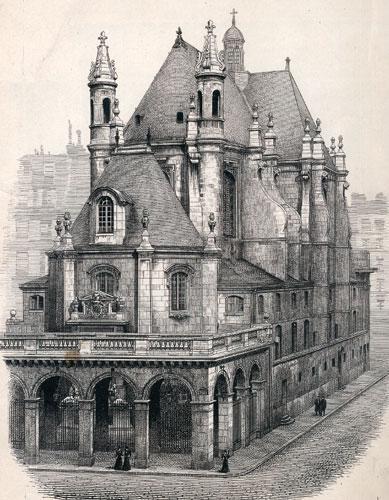
Protestantism in the 19th century
The century began with the 1801 Concordat and 1802 Organic Articles ruling the life of Churches. Their measures enabled to reorganise the Protestantism after the Desert period. The Protestants were...
Associated notes
-
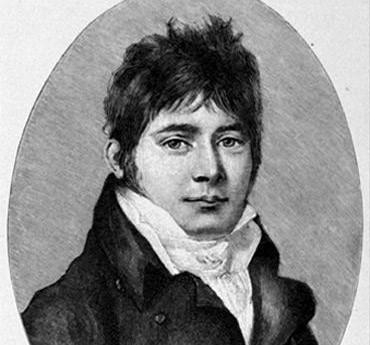
Liberalism
Theological liberalism was characterised by its extended freedom in doctrinal matters and by a new approach to the Bible resulting from the historical-critical methods of reading. -

Gustave Fornier de Clausonne (1797-1873)
-
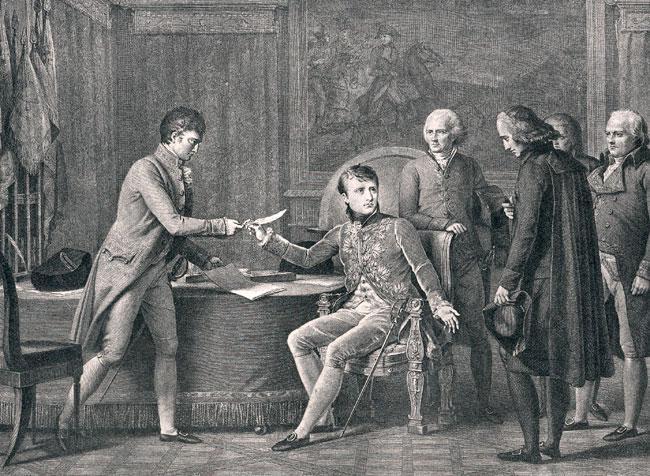
The French Concordat
The Concordat with the Organic Articles, ruled the organisation of Protestant as well as Catholic churches. It did not comprise any restrictive measures, and pastors were to be paid by... -
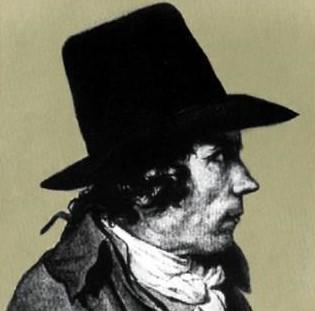
French Lutheranism
At the beginning of the 19th century Lutheran churches were organised according to the Organic Articles of 1802. Many Lutherans came and settled in France, especially after the 1870 war... -
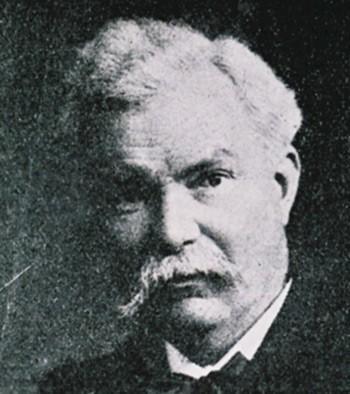
Progress towards unity
At the beginning of the 20th century, the need for unity was felt by different churches, and eventually led to the foundation of the Fédération protestante de France in 1905. -
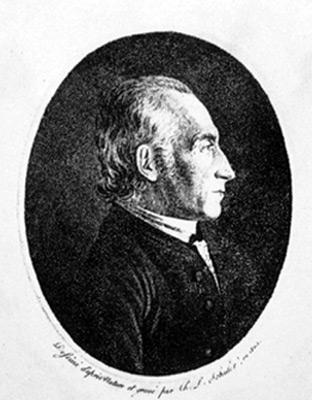
Protestantism in Alsace in 19th century
In Alsace the numerous Lutheran community, as well as the predominant reformed one in Mulhouse, were to be submitted to the same requirements as the reformed churches “inland”. But the... -
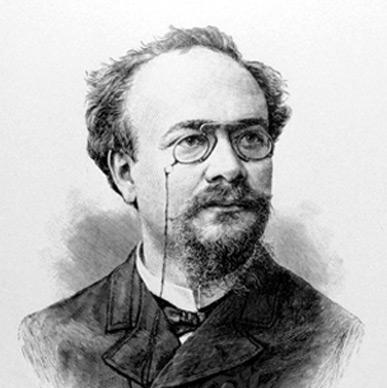
Separation of Church and State
The separation of Church and State (on the 9th of December 1905) was easy to accept for the Protestants. At last worship unions were authorised.

